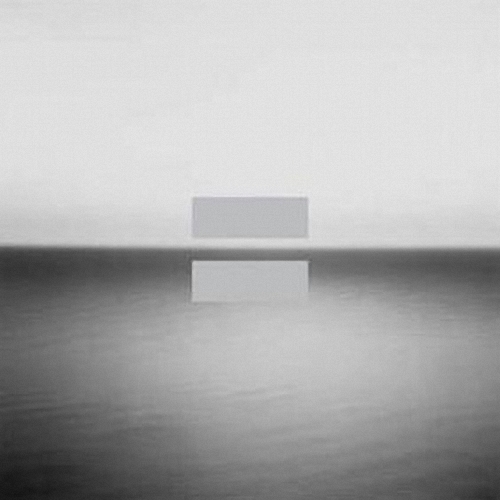
No Line on the Horizon (2009)

1. No Line on the Horizon 2. Magnificent 3. Moment of Surrender 4. Unknown Caller 5. I'll Go Crazy If I Don't Go Crazy Tonight 6. Get On Your Boots 7. Stand Up Comedy 8. Fez-Being Born 9. White as Snow 10.Breathe 11.Cedars of Lebanon
Five years after their last studio effort, U2 returned once again to the mainstream with No Line on the Horizon, an album that continues their long-standing tradition of pushing forward while nodding to the past. By this point in their career, the band had amassed a catalogue of stylistic shifts and sonic experiments so vast that predicting the shape of a new U2 album had become impossible. And yet, with this release, they chose not to upend the formula, but rather refine it—offering a collection that draws from nearly every phase of their creative journey without ever sounding forced or disjointed.
There’s a certain comfort in the approach here. After decades of reinvention, this album feels less like a departure and more like a convergence. Echoes of The Unforgettable Fire appear in the ambient textures, the introspective tone recalls All That You Can’t Leave Behind, and, perhaps most surprisingly, remnants of their 1990s techno flirtations surface again—albeit in more measured doses.
Get On Your Boots, I’ll Go Crazy If I Don’t Go Crazy Tonight, and Stand Up Comedy all shimmer with the twitchy energy of the Zoo TV era, though now draped in sleeker production and tighter arrangements. They nod to the band’s once-dominant dance-rock persona, but with the volume dialed down—less provocation, more polish.
Balance, in fact, is the hallmark of this record. For every pulsating rocker, there’s a counterweight: the slow-burning Moment of Surrender is a gospel-tinged epic with the weight and gravity of a spiritual confession, while Breathe roars with urgency, channeling the band’s penchant for controlled chaos into a pure shot of adrenaline.
The more contemplative tracks—Fez – Being Born and Cedars of Lebanon—take their time, eschewing hooks for mood and atmosphere. These slower pieces may test the patience of some, but they’re in keeping with the band’s long-standing tendency to offset immediacy with introspection. And with Brian Eno and Daniel Lanois once again behind the desk, it’s no surprise that the album leans occasionally into abstraction.
Commercially, the record didn’t quite match the towering sales figures of its predecessors, but U2, ever the touring juggernaut, mounted yet another ambitious world tour—this time performing “in the round” from the center of stadiums on a futuristic, spider-like stage structure dubbed “The Claw.” It was a visual and logistical triumph, reaffirming their unmatched prowess in the live arena.
No Line on the Horizon may lack the sharp definition of some of their earlier classics, but what it offers instead is something rare: a panoramic view of a band still curious, still willing to explore, and still able to sound unmistakably like themselves while folding in decades’ worth of ideas. A lesser band would have faltered under the weight of so many past identities. U2 simply added another chapter.